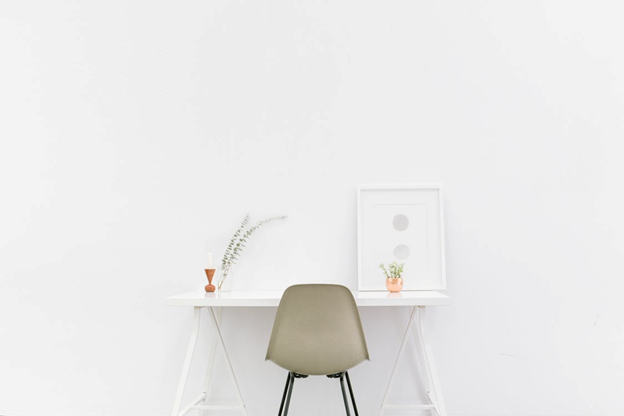
We live in a culture of excess. It seems that every day, we are inundated with ads from companies urging us to buy, buy, buy. They throw words like limited edition or limited-time discounts to trick us into making an impulse purchase. Phrases like you only live once were used to encourage us to buy luxury brands and live recklessly. This culture has led to the rise of fast fashion, hoarding behaviors, poor financial habits, and so on.
This obsession with excess is what eventually led to a counter movement known as minimalism.
What is minimalism?
Minimalism is a lifestyle that’s rapidly gaining traction among the people who are tired of needless consumerism and seek a more simplistic, focused mindset. Minimalism is not just about forcing yourself to live in a small house and keep only the bare essentials. Minimalism forces people to constantly re-evaluate their lives by asking what value these items, relationships, and ideas bring to them. It wants them to focus on the quality, not the quantity, of their possessions. By not having things in excess, we grow to value what we have and be more grateful for it. This is the core of minimalism.
How do I get started?
Minimalism isn’t just about decluttering every now and then. The first step to minimalism is a cognitive shift. You have to change your mindset and habits to reject impulse buying and hoarding items you don’t really want or need.
It may seem ridiculous to think that we bought items we don’t want, but when was the last time you bought something, only to regret it a few days later? Minimalism seeks to free you from these habits and build healthier ones like waiting a few days before making a purchase. By adopting this mindset, you’ll find that in the future, you won’t even need to declutter, simply because you’ve slowly stopped accumulating clutter in the first place.
A change in mindset doesn’t happen overnight and is built upon the careful cultivation of sustainable habits. A good first step towards this change is by creating an environment conducive to rejecting excess. Carefully curate what matters most to you and what makes you happy, and anything that doesn’t pass the test can either be donated, sold, or disposed of with the help of Evergreen Junk Removal.
Shifting to a minimalist lifestyle won’t be easy. However, the benefits can’t be ignored. Besides the obvious financial benefit of avoiding unnecessary purchases, it positively impacts your mental health by improving your perception of yourself and your relationships. Thanks to this culture of excess, a lot of people are upset if they can’t afford the same expensive items their more well-off peers can, but minimalism frees you from this deprecating view by reminding you that your worth isn’t tied to your possessions. By adopting minimalist philosophies, you’ll eventually live a more fulfilling life and become a more grateful and mindful person.
Image: https://www.pexels.com/photo/beige-and-black-chair-in-front-of-white-desk-509922/











